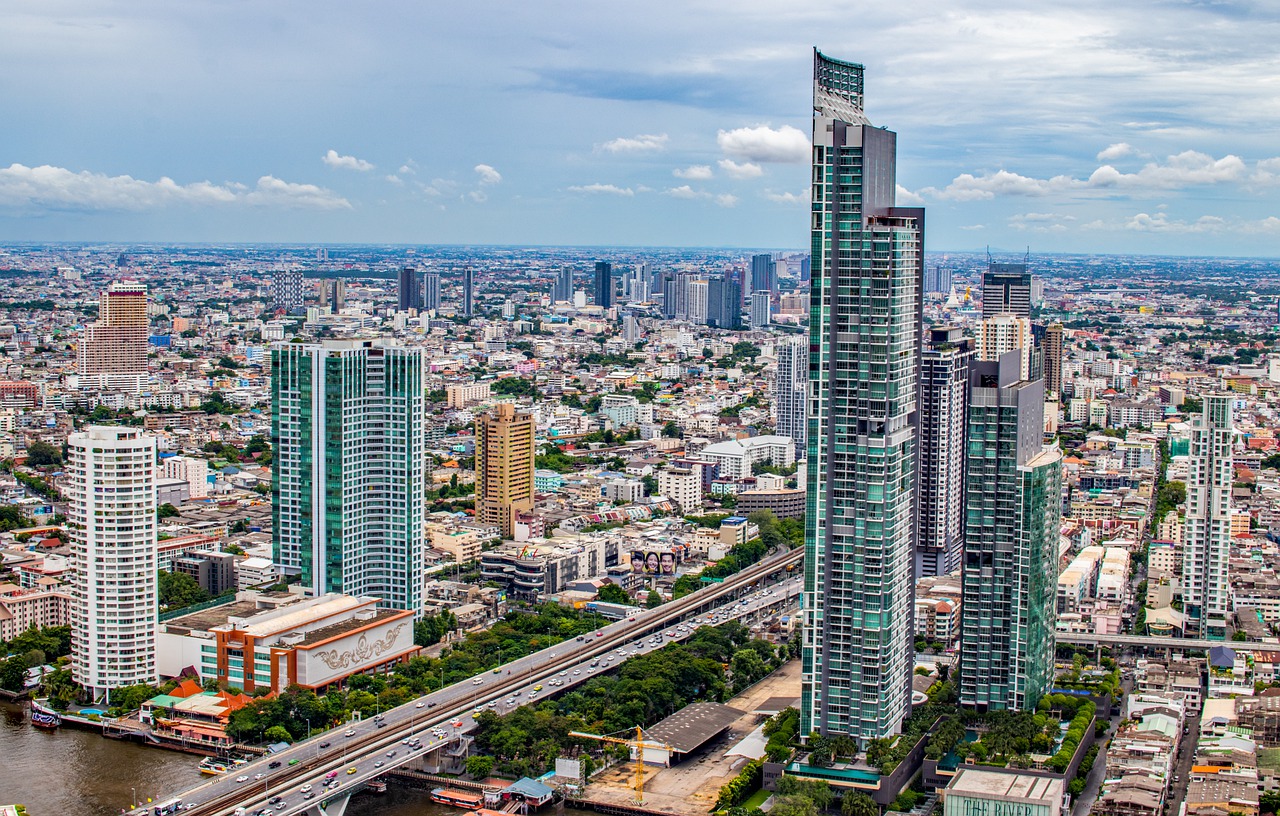Thailand Reduces its Projected Inflation Rate for the Entire Year as Prices Decline
Share:
The Commerce Ministry forecasts that consumer prices in Thailand will increase less than anticipated this year, as the overall inflation rate in June dropped to its lowest level since 2021 due to lower food and energy prices.
The overall increase in consumer costs will be between 1% and 2% this year, decreased from 1.7% to 2.7% previously projected, the Thai ministry stated on Wednesday. Contrary to the median estimate of no change in a Bloomberg survey, the official price index increased by 0.23% from a year ago to the most recent month.
The primary measure, which eliminates fuel and food prices, increased 1.32 % year-over-year, the lowest reading since the beginning of 2022, and below the 1.4% consensus forecast. The ministry reported that consumer prices increased 0.6% to the previous month, which was quicker than the 0.4% increase that had been projected.
Even though price pressures have decreased monthly this year and are now below the Bank of Thailand’s 1%-3% target range, central bank authorities have stated that monetary tightening is likely to continue in the midst of inflationary risks posed by a tourism-led pickup in economic activity and possibly increased government spending.
Officials stated last month that the rate-setting panel would pay further attention to the medium-term inflation forecast than recent data when making policy decisions. The central bank has raised borrowing costs to their highest level in eight years and warned of inflationary risks in 2024.
According to Tamara Mast Henderson of Bloomberg Economics, the most recent set of benign inflation measurements gives the Bank of Thailand greater discretion to pause rate increases when it meets again on August 2.
Softening Core Inflation
“Particularly, the continuous softening of core inflation indicates that demand-pull pressures from the tourism industry’s recovery remain manageable,” Henderson stated. More information will be required to solidify that decision. However, we believe another month of benign core inflation in July would suffice.
While the commerce ministry mentioned lower food and oil costs, a global economic downturn, geopolitical tension, and a high inflation rate last year as reasons for lowering the outlook, it also identified a possible drought and weakening baht risks.
According to Wichanun Niwatjinda, deputy director-general of the Trade Policy and Strategy Office, since Thailand is a net energy importer, a devaluing baht will have a “direct impact” on the cost of oil. He stated that the new government measures, such as those intended to reduce the cost of living and economic stimulus measures, will significantly impact price levels.
The ministry projected that inflation will average 0.77%in the third quarter and 0.62% in this year’s last three months.
SOURCE: Bloomberg
Don’t miss this golden opportunity to maximize your lifestyle and investment potential in Thailand. Explore the exclusive benefits of the Thailand Elite Visa now. Take action today and make the most of this opportunity – apply for your Thailand Elite Visa and enjoy the premium lifestyle you deserve.
